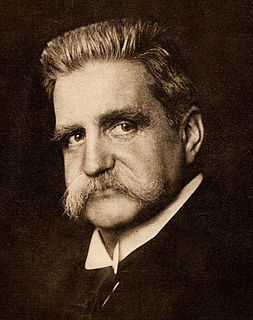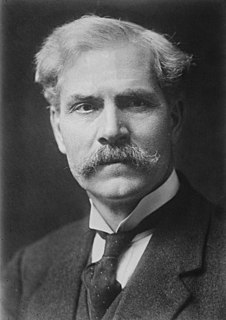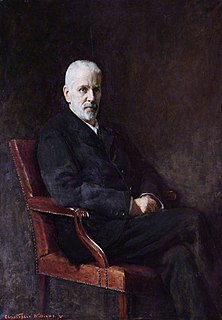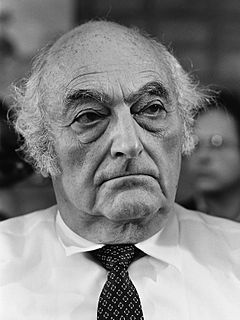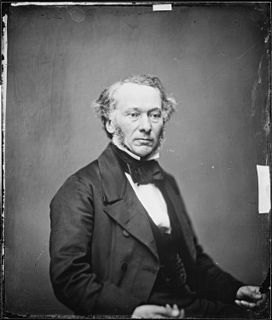A Quote by Jean-Claude Juncker
Anyone who believes that the eternal question of war and peace in Europe is no longer there risks being deeply mistaken.
Related Quotes
I don't think there's any way that war can have a place in peace. I think that peace is the active and difficult resistance to the temptation of war; it is the prerogative and the obligation of the injured. Peace is something that has to be vigilantly maintained; it is a vigilance, and it involves temptation, and it does not mean we as human beings are not aggressive. This is a mistaken way of understanding non-violence.
Nationalist Socialist Germany wants peace because of its fundamental convictions. And it wants peace also owing to the realization of the simple primitive fact that no war would be likely essentially to alter the distress in Europe. The principal effect of every war is to destroy the flower of the nation. Germany needs peace and desires peace!
As you look back in history, we [the United States] have done wonderful things, the Marshal Plan is the most obvious. After World War II, we spent billions of dollars to rebuild Europe or at least part of Europe after the devastation of World War II. We did it out of charity, but we also did it to keep the Russians from getting deeply into Europe.
Less and less is the question being asked as to whether developments are taking place in a democratic and free way. Europe is in a phase in which this output is no longer sufficiently visible or tangible. Youth unemployment is still far too high, we still haven't solved our currency problem and living conditions in Europe are drifting apart. That is one reason why critics say that our Europe is based on yesteryear's model.
We fight wars not to have peace, but to have a peace worth having. Slavery is peace. Tyranny is peace. For that matter, genocide is peace when you get right down to it. The historical consequences of a philosophy predicated on the notion of no war at any cost are families flying to the Super Bowl accompanied by three or four trusted slaves and a Europe devoid of a single living Jew.
The Federated Republic of Europe-the United States of Europe-that is what must be. National autonomy no longer suffices. Economic evolution demands the abolition of national frontiers. If Europe is to remain split into national groups, then Imperialism will recommence its work. Only a Federated Republic of Europe can give peace to the world.
Mr. Marx does not believe in God, but he believes deeply in himself. His heart is filled not with love but with rancor. He has very little benevolence toward men and becomes... furious and... spiteful... when anyone dares question the omniscience of the divinity whom he adores, that is to say, Mr. Marx himself.

